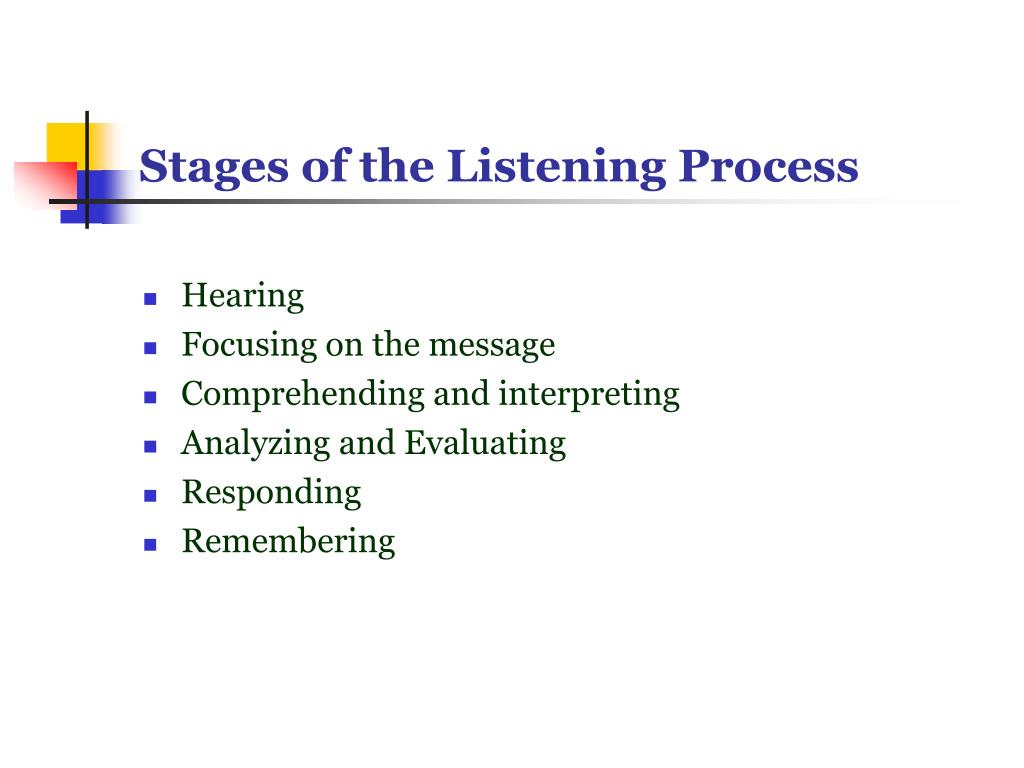

Understanding means processing what’s being communicated, beginning with simple ideas and vocabulary. It means interpreting different sounds, while beginning to understand social interactions. Listening is different to simply hearing. This influences communication and talking later in life. Children develop these by observing and reacting to others. Following on from this, the pedagogical implications were explored and suggestions for in-session support were made.Why listening and understanding is importantĬommunication requires 2 foundation skills, listening and understanding.

The results of the study showed vocabulary knowledge measures to be a more reliable predictor of academic performance than IELTS. Subsequently, the students’ IELTS band scores and end of programme grade point averages were correlated with the vocabulary scores. The participants’ vocabulary scores were measured using the XK_Lex test (Masrai, 2009) and a Vocabulary Size Test (Nation & Beglar, 2007b). Data was collected from 20 students on a Swansea University Law exchange programme. Additionally, positive results from a range of studies linking vocabulary knowledge measures with proficiency levels and their capacity for predicting future performance in the four skills (Laufer, 1992 Staehr, 2008, Milton et al, 2010) directed an investigation into how effectively vocabulary scores could predict academic performance for L2 learners on a degree programme, and how these results would compare with the predictive capabilities of the International English Language Testing System (IELTS) proficiency bands. This study was motivated by work related observations at Swansea University, which noticed the need for improved predictive assessments of international students’ potential academic performance, in order to better support them in-sessionally.


It is suggested, therefore, that an extensive reading strategy can make quantifiable differences to a learner’s vocabulary uptake and reading speed. Measures of vocabulary uptake suggest he added nearly 900 words to the orthographic side of his lexicon from this source through the intervention, and his reading speed increased by over 30%. The participant in this study spent nearly 50 hours watching English language films and news reports with subtitles. The study is conducted with a native speaker of Arabic learning English and previous studies have suggested that learners from this background are slow in adopting efficient reading processes for use in English, and that this may result from limited time spent in reading in any language. This study adopts this approach in a case study which investigates the impact of extensive reading on the speed of lexical access and uptake from written sources. These studies also show that these strategies can link very convincingly to growth in vocabulary size. The results also showed that prior vocabulary knowledge was strongly associated with vocabulary gain in aural modality.Ĭase studies in lexical uptake suggest that some well reported language learning strategies, such as extensive reading and listening to songs, can be quantified accurately in terms of time spent on task and the nature of the vocabulary input they provide. The results indicated that aural vocabulary gain from extensive viewing was about 4.8 words per contact hour compared to 2.5 words from normal classroom input. Results of the study showed that the participants, after 5 weeks of extensive viewing, significantly improved their aural vocabulary knowledge and listening comprehension. The purpose of using L1 subtitles in this study was to enhance understanding of the spoken input through the L2 sound and L1 meaning mapping. The current study examines the effect of extensive viewing of English movies supplemented by first language (L1) subtitles on aural vocabulary knowledge and listening comprehension among 78 tertiary-level Arab learners of English as a foreign language (EFL). However, the way phonological vocabulary knowledge and extensive listening/viewing interacts remains not so well investigated. The relationship between second language (L2) learners’ orthographic vocabulary knowledge and extensive reading is quite well researched.


 0 kommentar(er)
0 kommentar(er)
